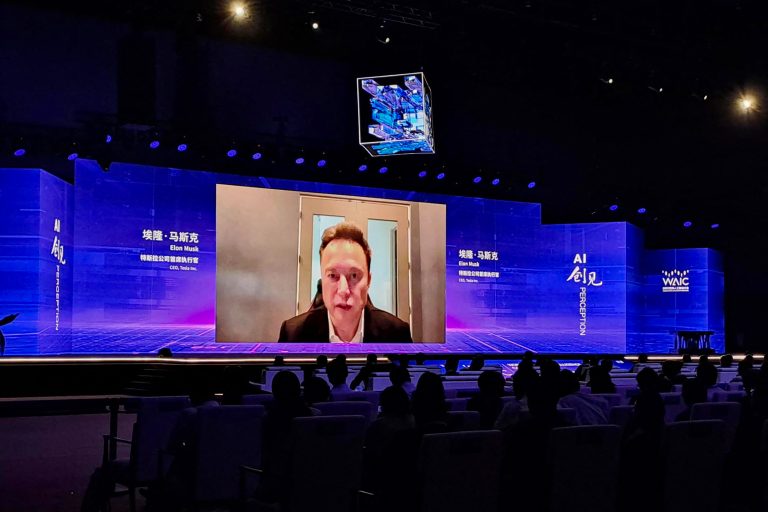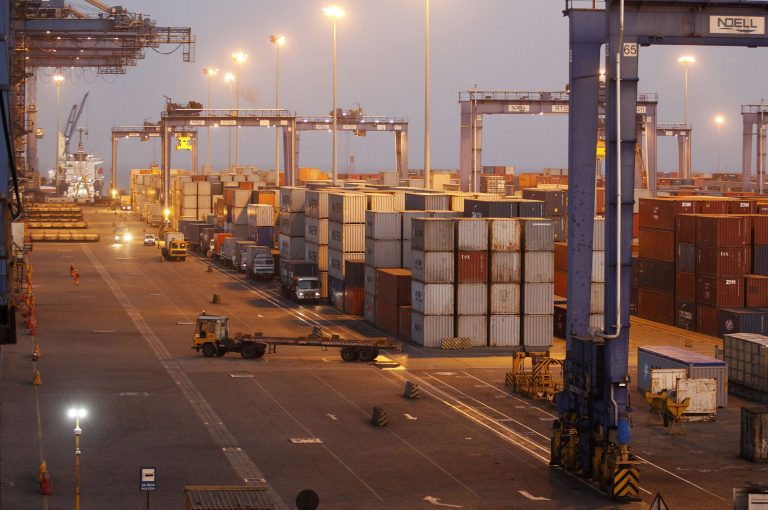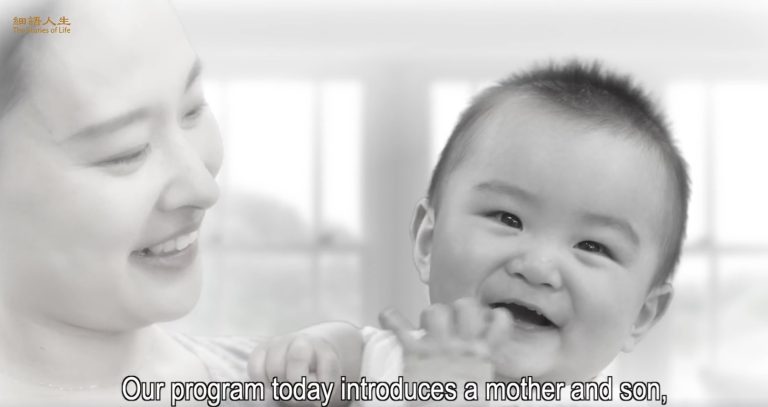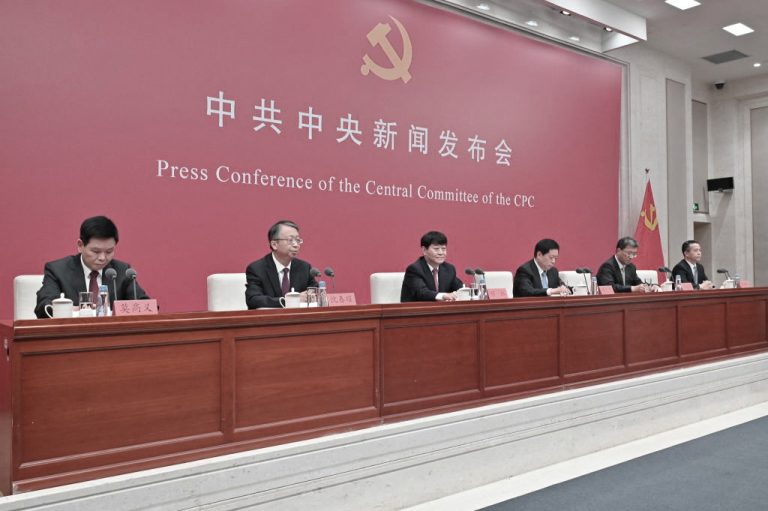On July 6, speaking via video link at the World Artificial Intelligence Conference (WAIC), Elon Musk praised China saying that he predicts China “will have very strong AI capability.”
“I think there’s a tremendous number of very smart, very talented people in China,” he said, adding that, “I’ve always been a tremendous admirer of the sheer amount of talent and drive that exists in China.”
“So I think, really, China’s going to be great at anything it puts its mind to. So that includes, you know, many different sectors, sectors of the economy but also artificial intelligence. So, I think China will have very strong AI capability — [that] is my prediction,” Musk said.
Musk, who has significant business interests in Communist China, including a Tesla factory operating out of Shanghai, delivered the remarks to a packed crowd in Shanghai.
The theme of this year’s conference is “Intelligent Connectivity, Generating Future,” and it’s expected that deals worth upwards of 10 billion yuan (US$1.38 billion) will be made at the conference.
Success
You are now signed up for our newsletter
Success
Check your email to complete sign up
Among the participants this year are Chinese tech giant, Ant Group, social media giant Baidu and embattled telecommunications company Huawei Technologies, in addition to overseas behemoths Google and Tesla.
READ MORE:
- Elon Musk Visits China for First Time Since 2019, Received By Foreign Minister Qin
- China Censors Finance Influencers While Stock Market Hurts
- Some US Business Leaders Stick to China Market Despite Worsening Conditions
Musk has a history of singing his praises for China. In the past he has praised Chinese automakers, saying they are the “most competitive in the world,” and in 2020 he famously said, “China rocks, in my opinion.”
Musk’s virtual appearance comes amidst heightened tensions between the U.S. and China, including a tech war being waged by Washington.
Last year, Washington implemented sweeping export restrictions on key semiconductor equipment and chips to China in what is widely believed to be an attempt to hamper the communist regime’s technological advancement.







